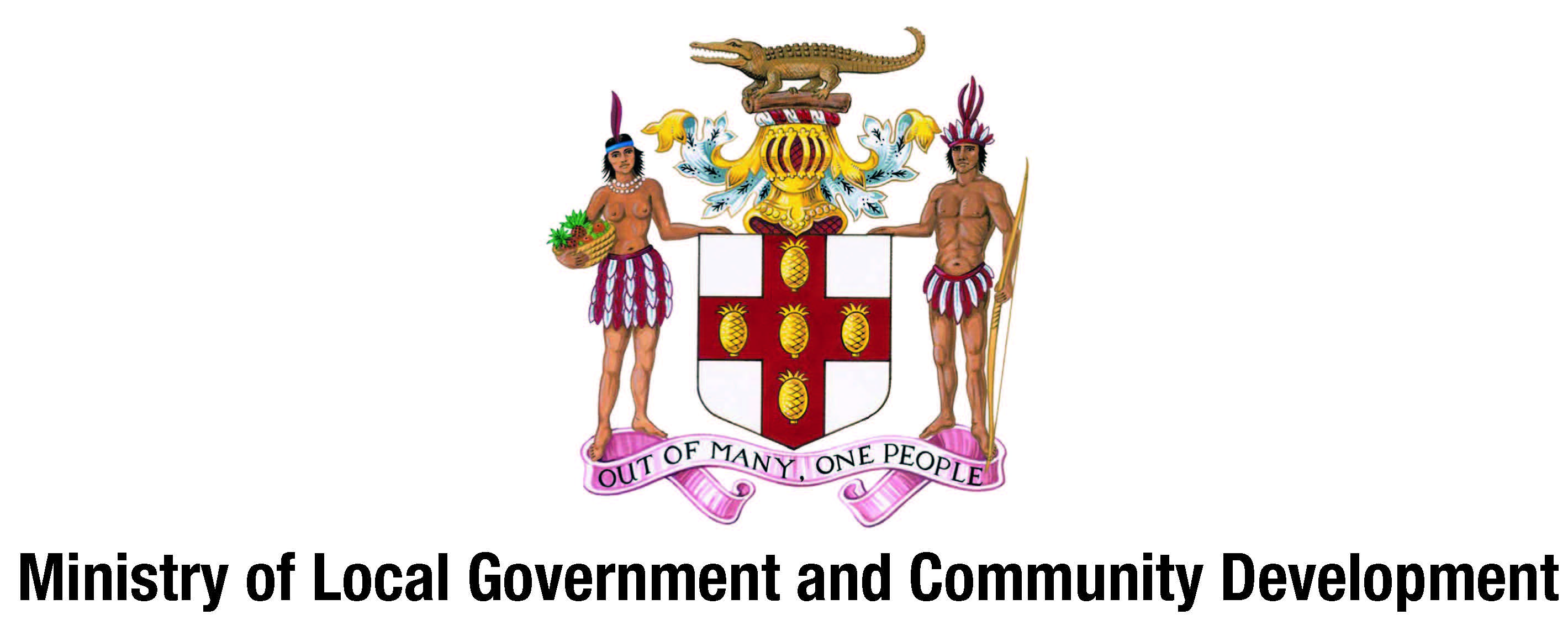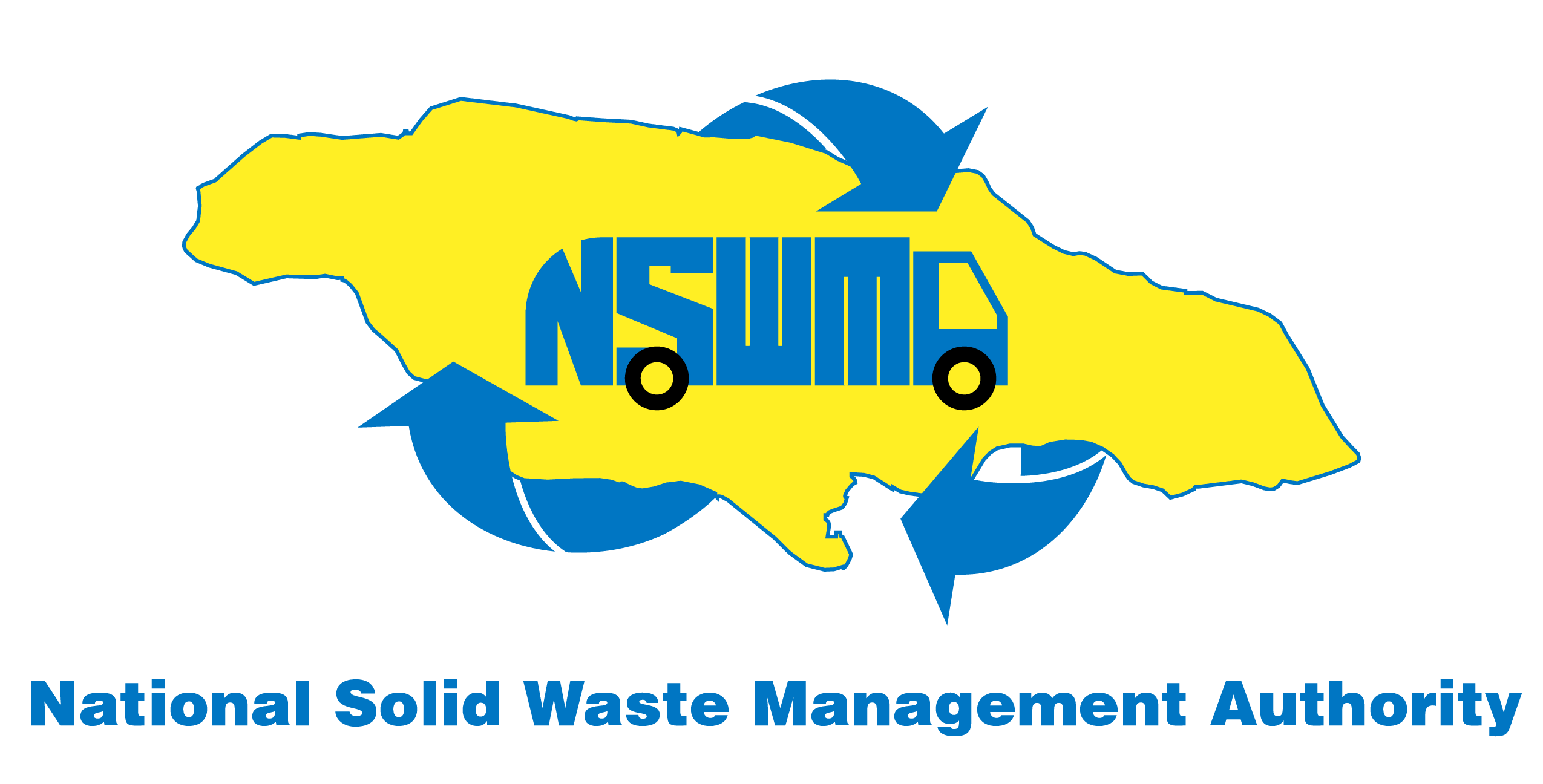Sandals Foundation encourages farmers to explore compost production for personal use, economic gain, waste reduction and environmental protection
Monday, October 25, 2021
Local farmers and farming interests are encouraged to explore compost production for personal use and income generation while reducing dependence on inorganic fertilisers, assisting in waste reduction and protecting the marine environment.
These were among the key messages coming out of a recent livelihood skills training facilitated by the Sandals Foundation, alongside partners the National Environment and Planning Agency (NEPA) and the National Solid Waste Management Authority (NSWMA).
“We are extremely grateful to all the partners that joined in this effort,” said public relations manager for the Sandals Foundation Patrice Gilpin.
“Farming is one of the key economic drivers within the Whitehouse community and so by providing the best techniques in composting we’re building the capacity of our farmers to continue to provide for themselves and their families in a sustainable way, ensure food security within the community and beyond and all while reducing the amount of waste that is being generated on their farms,” added Gilpin.
Composting is the process of breaking down various solid organic materials under controlled moist, self-heating, and aerobic conditions to obtain a stable material that can be used as an organic fertiliser.
The training, which was implemented in three-part sessions to comply with COVID-19 gathering and safety compliance, took place at the Beeston Spring Green House in Westmoreland. It focused primarily on teaching participants how to create a compost, as well the numerous benefits of composting.
With the experience of two local farmers acting as peer instructors, farmers explored the best practices of the climate-smart technique.
Sharnon Williams, community relations officer for NSWMA, noted that initiatives such as this one are extremely important because when people engage in composting they are actually reducing the amount of waste that is sent to the landfills, as well as instances of landfill fires caused when biodegradable materials spontaneously combust. She further noted that farmers can also benefit from having more organic vegetation and plants.
“Less waste out, cleaner environment overall,” said Williams.
“There will be less garbage being piled up because now we’re reusing the biodegradables — that’s the yam skin, the banana skin, the fruits and vegetable peelings. The end product will be compost or fertiliser; farmers don’t even have to spend money buying fertiliser any more because they would have produced their own for personal use and even for sale,” added Williams,
Among the farmers who benefited from the compost training were Sonia Moxam and Jovaine Brown.
According to Moxam, a Westmoreland-based farmer specialising in ground provisions as well as poultry farming, the workshop was very informative.
“I’ve always been interested in organic farming but I didn’t know much about composting, what I do know, however, is that it’s much healthier to use organic fertilisers like compost instead of the conventional chemicals.”
Moxam noted that she learnt a lot from the training and intends to put what she learned into practice right away as well as share her knowledge with other farmers.
For part-time farmer and student Jovaine Brown, the training was also quite meaningful. “I’ve tried composting before, but what I did was throw everything in a heap and expect to produce compost from it. Today, I’ve learnt that there are a lot of different stages involved in the composting process, you’re supposed to layer it, wet it, turn it, etc,” said Brown.
Brown noted that he would encourage others to practise composting and organic farming which he says is more sustainable long term in improving soil quality and reducing waste.
With compost instructions guided by Barington Taylor, conservation officer at NEPA, close to 30 farmers were engaged in hands-on demonstrations in creating a compost and sensitised about the dos and dont’s of composting. The Sandals Foundation also distributed starter kits, which included machetes, shovels and garden hoses as part of efforts to encourage the use of separate tools between organic and chemical-based farming activities.
“We’re taking a 360-degree approach to environmental education,” said Gilpin.
“We’re sharing the know-how but we’re also sharing the resources to help get started. The starter kits we provided to the farmers, we anticipate will help them to kick-start their own compost productions and most importantly, we’re very encouraged by their feedback of also wanting to share what they’ve learnt with other farmers.”
Gilpin also had huge praises for Sandals South Coast which she said has always been a supporter for farmers within the area, purchasing local produce and also sharing input with pig and cash crop farmers.
In addition to supplying organic material for the trainings, the resort enlisted eight representatives of its water sports as well as its environment, health and safety teams to attend the trainings and learn about the community composting method while identifying opportunities in which their resort can assist in ensuring the sustainability of the programme.
The compost training is one component of the Whitehouse and Negril Solid Waste Reduction Project, which seeks to educate and provide residents along the south-western coast of Jamaica with a structure for better solid waste management.
Funding for the Whitehouse and Negril Solid Waste Reduction Project, of which the composting training is a part, is provided by the Small Scale Funding Agreement from the United Nations

